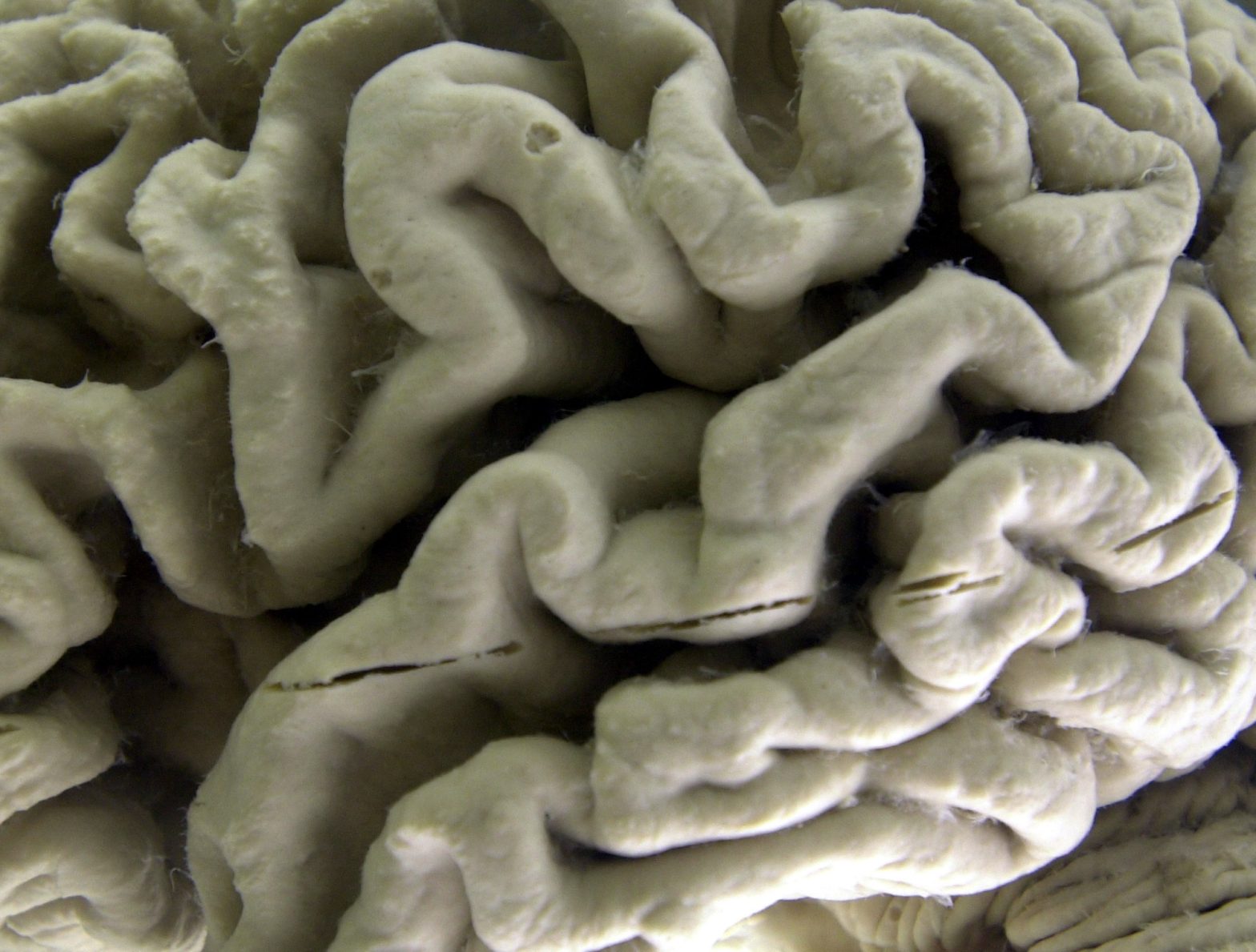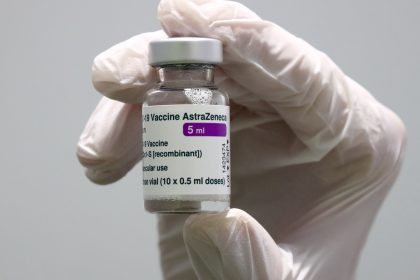Silent Brain Changes Precede Alzheimer’s. Researchers Have new Clues About Which Come First

WASHINGTON (AP) — Alzheimer’s quietly ravages the brain long before symptoms appear and now scientists have new clues about the dominolike sequence of those changes — a potential window to one day intervene.
A large study in China tracked middle-aged and older adults for 20 years, using regular brain scans, spinal taps and other tests.
Compared to those who remained cognitively healthy, people who eventually developed the mind-robbing disease had higher levels of an Alzheimer’s-linked protein in their spinal fluid 18 years prior to diagnosis, researchers reported Wednesday. Then every few years afterward, the study detected another so-called biomarker of brewing trouble.
Scientists don’t know exactly how Alzheimer’s forms. One early hallmark is that sticky protein called beta-amyloid, which over time builds up into brain-clogging plaques. Amyloid alone isn’t enough to damage memory — plenty of healthy people’s brains harbor a lot of plaque. An abnormal tau protein that forms neuron-killing tangles is one of several co-conspirators.
The new research, published in the New England Journal of Medicine, offers a timeline for how those abnormalities pile up.
The study’s importance “cannot be overstated,” said Dr. Richard Mayeux, an Alzheimer’s specialist at Columbia University who wasn’t involved in the research.
“Knowledge of the timing of these physiological events is critical” for testing new ways of treating and maybe eventually even preventing Alzheimer’s, he wrote in an accompanying editorial.
The findings have no practical implications yet.
More than 6 million Americans, and millions more worldwide, have Alzheimer’s, the most common form of dementia. There’s no cure. But last year a drug named Leqembi became the first approved with clear evidence that it could slow the worsening of early Alzheimer’s — albeit for a few months.
It works by clearing away some of that gunky amyloid protein. The approach also is being tested to see if it’s possible to delay Alzheimer’s onset if high-risk people are treated before symptoms appear. Still other drugs are being developed to target tau.
Tracking silent brain changes is key for such research. Scientists already knew that in rare, inherited forms of Alzheimer’s that strike younger people, a toxic form of amyloid starts accumulating about two decades ahead of symptoms and at some point later tau kicks in.
The new findings show the order in which such biomarker changes occurred with more common old-age Alzheimer’s.
Researchers with Beijing’s Innovation Center for Neurological Disorders compared 648 people eventually diagnosed with Alzheimer’s and an equal number who remained healthy. The amyloid finding in future Alzheimer’s patients was the first, 18 years or 14 years prior to diagnosis depending on the test used.
Differences in tau were detected next, followed by a marker of trouble in how neurons communicate. A few years after that, differences in brain shrinkage and cognitive test scores between the two groups became apparent, the study found.
“The more we know about viable Alzheimer’s treatment targets and when to address them, the better and faster we will be able to develop new therapies and preventions,” said Claire Sexton, the Alzheimer’s Association’s senior director of scientific programs. She noted that blood tests are coming soon that promise to also help by making it easier to track amyloid and tau.
___
The Associated Press Health and Science Department receives support from the Howard Hughes Medical Institute’s Science and Educational Media Group. The AP is solely responsible for all content.

























